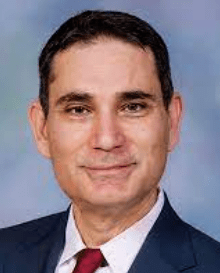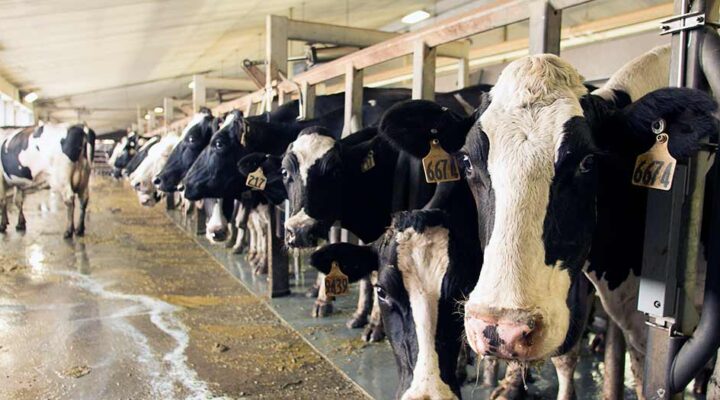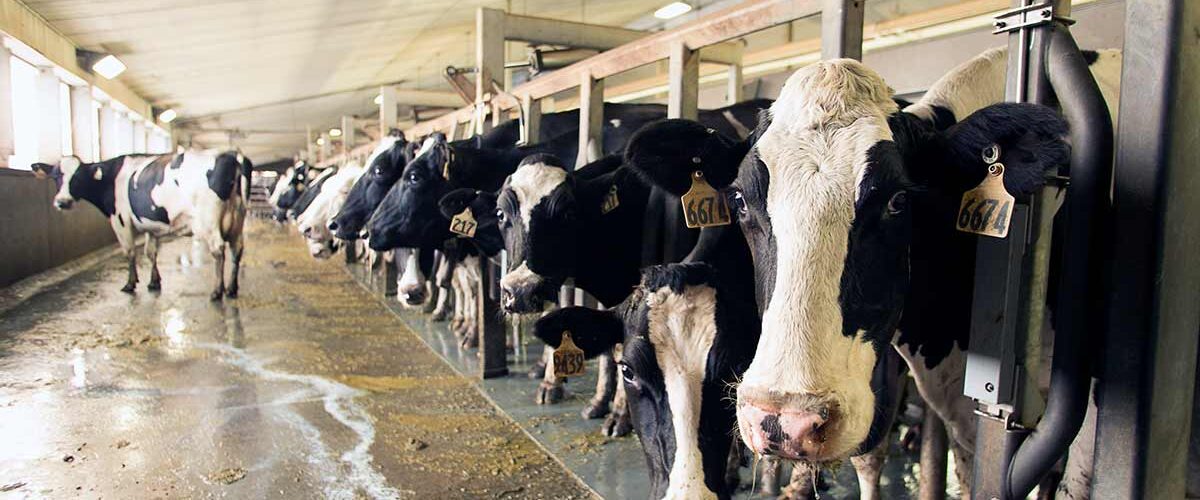Supply chain delays, labor shortages, rising inflation and other economic crises facing the United States could be significantly reduced by increasing the number of immigrant workers allowed into the country.
That’s the expert opinion of a panel of legal, business and immigration leaders who spoke during a Jan. 26 webinar hosted by the National Immigration Forum.
Forum President Ali Noorani said the virtual panel was convened to draw media attention to the connection between the current labor shortage and the sharp decline in immigration that occurred during the past five years.
Another goal was “to lay the foundation for Congress to come together to create bipartisan immigration reform,” he said.
The absence of needed immigrant labor is a direct and continued result of four years of the Trump administration’s “America first” policy that shut down even most legal immigration. Now businesses of all types are paying the price for these policies when they can’t find enough workers. And without help from Congress, the Biden administration cannot move fast enough to reverse the losses.
A sense of urgency needed

Daniel Garza
The nation’s economic realities should instill a sense of urgency in federal legislators to grant more immigrants entry into the United States, said panelist Daniel Garza, president of the LIBRE Initiative, which promotes economic freedoms for the U.S. Hispanic community.
Those realities include an inflation rate that hit 7% in 2021, approximately 10 million job vacancies nationwide and the loss of 2 million immigrant workers since 2020, many due to expired work visas that now take months to renew.
Just about every industry is impacted, from landscaping and farming to health care and construction. COVID-19 has been a major factor in the economic crisis as has the inability of Congress to enact meaningful immigration reform.
“This is serious,” Garza said. “It’s caused these massive ripple effects across our economy.”
The plight of dairy farmers
Among the victims of those ripple effects are dairy farmers, said panelist Rick Naerebout, CEO of the Idaho Dairymen’s Association.
“We have a workforce that is 90% foreign born, and mostly from Mexico,” he said. “We have seen a continual decline in the number of farm workers working in the industry.”

Rick Naerebout
The last time Idaho’s dairy farmers reported having all the workers they needed was in 2012, when 8,000 were on the job, he said. “Today, we have less than 5,000 on our dairy farms.”
Meanwhile, the workload has significantly increased, with 650,000 cows being milked today compared to 550,000 in 2012, he added. As a result, the shortage of immigrant labor has forced some small and medium operations to close and others to merge.
Naerebout said the association he leads has been pressing Idaho’s U.S. senators, both Republicans, to support passage of the Farm Workforce Modernization Act of 2021, a measure that passed in the House last year but was, like other immigration legislation, stalled in the Senate due to Republican opposition.
“Immigration is the No. 1 topic we discuss with our delegation,” he said. “We are hopeful negotiations can get restarted.”
In response to a viewer question, Naerebout said the solution to the dairy industry labor shortage isn’t about pay. Someone with no experience milking cows would start at $15 to $18 an hour. “Wages are not the issue that holds us back from full employment.” It is, instead, a lack of workers.
Without action, it will get worse
The nation’s economic woes are going to get worse if Congress doesn’t act, said panelist Tony Payan, director of the Center for the United States and Mexico at Rice University’s Baker Institute for Public Policy.

Tony Payan
Historically low birth and population growth rates mean fewer workers are being produced, and that trend is exacerbated by the influence of the pandemic on early retirements and people simply deciding not to work, Payan said. “For the first time in history, those 65 and older are projected to outnumber those 18 and younger by 2024.”
The effects are painfully felt in the construction field, he continued. The industry currently employs about 2.8 million immigrants and estimates it will need another 2.3 million over the next three years.
Close to 30% of the health care field, including physicians, dentists and nurses, is comprised of immigrants. That industry is experiencing a workforce shortage just as demand for its services rises due to COVID-19 and the continued aging of the U.S. population.
“Adding immigration could help us solve a lot of those issues,” Payan said, and issuing more green cards “can contain the damage.”
STEM feels the pain too
The fields of science, technology, engineering and mathematics are another area where the U.S. could use a boost of immigrants, said panelist Stephen Yale-Loehr, an expert on human rights and immigration and professor of immigration law practice at Cornell Law School.
Yale-Loehr praised the Biden White House for shifting federal policy to allow more STEM scholars and experts into the country and for making it easier for them to stay.

Stephen Yale-Loehr
“These are good first steps, but we must do more to address existing backlogs,” he said, explaining that it can take six months or more to renew work visas. “So many workers have to be laid off because their [work] permits have expired.”
The government also needs to create a start-up visa for entrepreneurs, who must try to fit into other categories to live and work legally in the U.S, Yale-Loehr said. While immigrants make up 13.7% of the population, they account for 25% of company start-up founders.
Noorani said the Innovation and Competition Act currently under consideration in Congress contains a provision for a start-up visa for entrepreneurs.
He also noted that U.S. Citizenship and Immigration Services was able to speed up the processing of some work permit applications during President Biden’s first year. “By surging USCIS staff to process employment-based green card applications, the administration was able to process 50% more employment-based green cards than in a normal year and it did whittle down the naturalization backlog by 14%,” Noorani said.
Related articles:
White House cites STEM race as another reason to support immigration
In addition to the ethical mandate, immigration is ‘a short-term way to boost economic growth’
Conservative commentator Kristol says Republicans should support immigration measures


